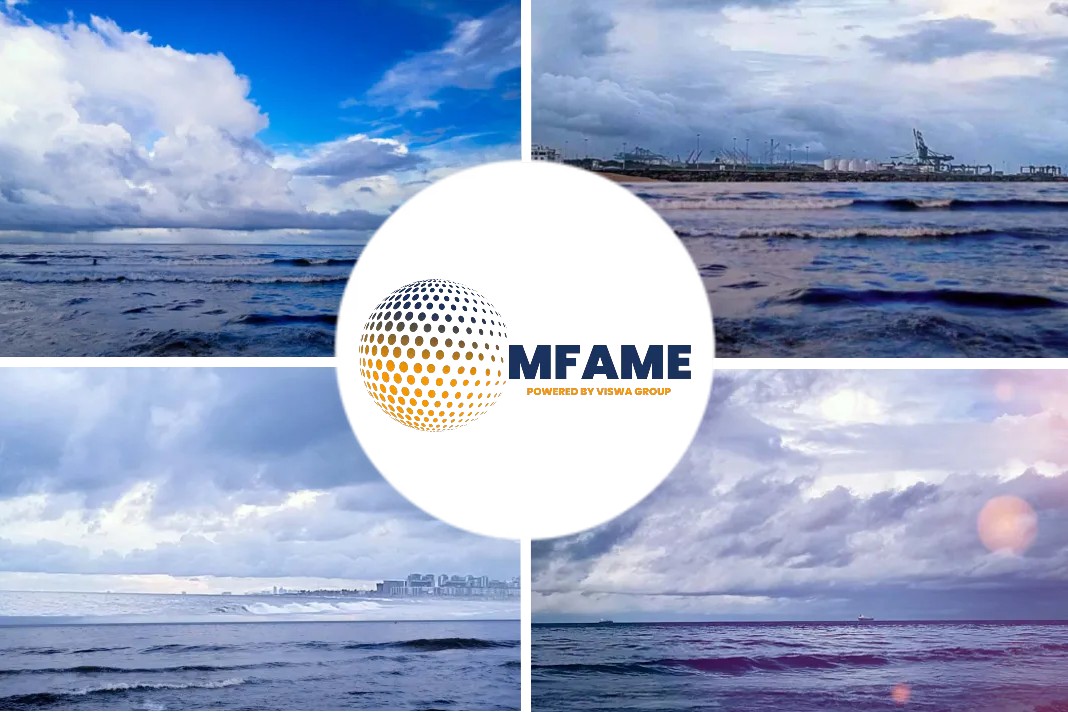In a recent event, Bulk carrier owner Star Bulk has shed light on calculations behind their fleet-wide adoption of exhaust gas scrubbers, declaring itself satisfied if they can use the systems for as little as five years, says a report published in Marine Propulsion.
What’s behind the 5-year calculation?
Star Bulk Carriers Corp president Hamish Norton explained that the Nasdaq- and Oslo-listed company had considered upcoming regulatory uncertainty. The consideration included both the sulphur cap – whether the cap would come in as planned and whether the company’s chosen scrubber design would continue to be compliant – as well as the impact that further greenhouse gas emissions regulations could have on fuelling and power choices.
“We thought about how long they have to stay relevant for us to be happy,” said Mr Norton. “If they stay relevant for five years, we’re happy.”
Star Bulk’s Scrubber Plan
Star Bulk will install scrubbers on its entire fleet (111 vessels on a fully delivered basis) at a cost of less than US$2M each, with all operational vessels to be fitted before 2020. Mr Norton explained that once the company knew that scrubbers “probably worked and were probably not an environmental problem”, it had a responsibility to its shareholders to install them.
Importance of Regulatory Certainty
Mr Norton was speaking at a technical meeting organized by the Clean Shipping Alliance 2020, a lobbying group of marine scrubber users. He referred to the current debate around scrubber use, noting that regulatory certainty is important when making business decisions.
“We don’t care what regulations get adopted, but once adopted it is very important that it be more or less fixed so we can guide our business appropriately to comply with that regulations. Uncertainty and changes in regulation that are not broadcast well in advance are terrible for business.”
As an example, Mr Norton cited the turbulent introduction of IMO’s Ballast Water Management Convention.
“The apparent wavering by the IMO on ballast water regulations made it a much more difficult job to convince our board and shareholders that assuming the sulphur cap would come into force on 1 January 2020 was a good one,” he said.
Scrubber technology was discussed at Riviera’s Americas Sulphur Cap 2020 Conference in Houston, Texas, on 5-6 March 2019.
Did you subscribe for our daily newsletter?
It’s Free! Click here to Subscribe!
Source: Marine Propulsion

















